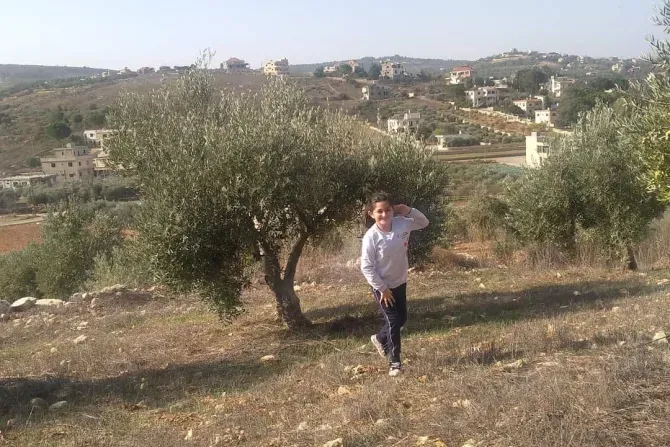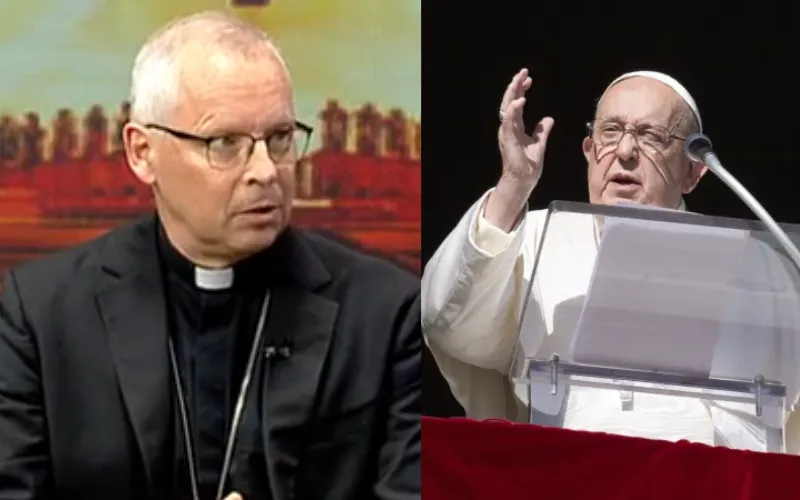Hezbollah, which means “Party of God” in Arabic, has been designated by the United States and several other nations as a terrorist group.
The group is also a political party in Lebanon and was engaged in a 34-day military conflict with Israel in 2006, which was set off by the kidnapping and killing of two Israeli soldiers by Hezbollah.
Citing “data” it obtained, ACN said that in one border village in Lebanon, Alma Al-Shaab, 15 homes have been destroyed by missile attacks.
Many of the displaced Lebanese Christians have been offered safety with other families in the capital city of Beirut, but some of those families chose to return to their destroyed homes because there is a shortage of “long-term shelter” in certain areas of Lebanon, ACN reported.
Xavier Stephen Bisits, ACN’s head of projects in Lebanon, said that bombing is a daily occurrence and that the streets are “very quiet.”
Agricultural fields in Lebanon have been “damaged,” which has stopped farmers from tending their fields out of fear, Bisits said, noting that olives and tobacco are “an important source of income for the local communities.”
Bisits pointed out that many of the families impacted by the shelling were already living in poverty because of Lebanon’s financial crisis, which started in 2019.
The World Bank called the financial collapse “the most devastating, multi-pronged crisis in its modern history.” That collapse was only worsened by the COVID-19 pandemic and the tragic Beirut explosion that devastated the city and killed more than 200 people in 2020.
Bisits said that “all priests and religious” have stayed in the villages amid the conflict to minister to the people. He added that the Maronite Archeparch of Tyre Charbel Abdallah came to celebrate Mass in the village of Rmeich “under the threat of bombs.”
The Greek-Melkite Archbishop of Tyre Georges Iskandar had also visited border villages to minister to the faithful, he said.








